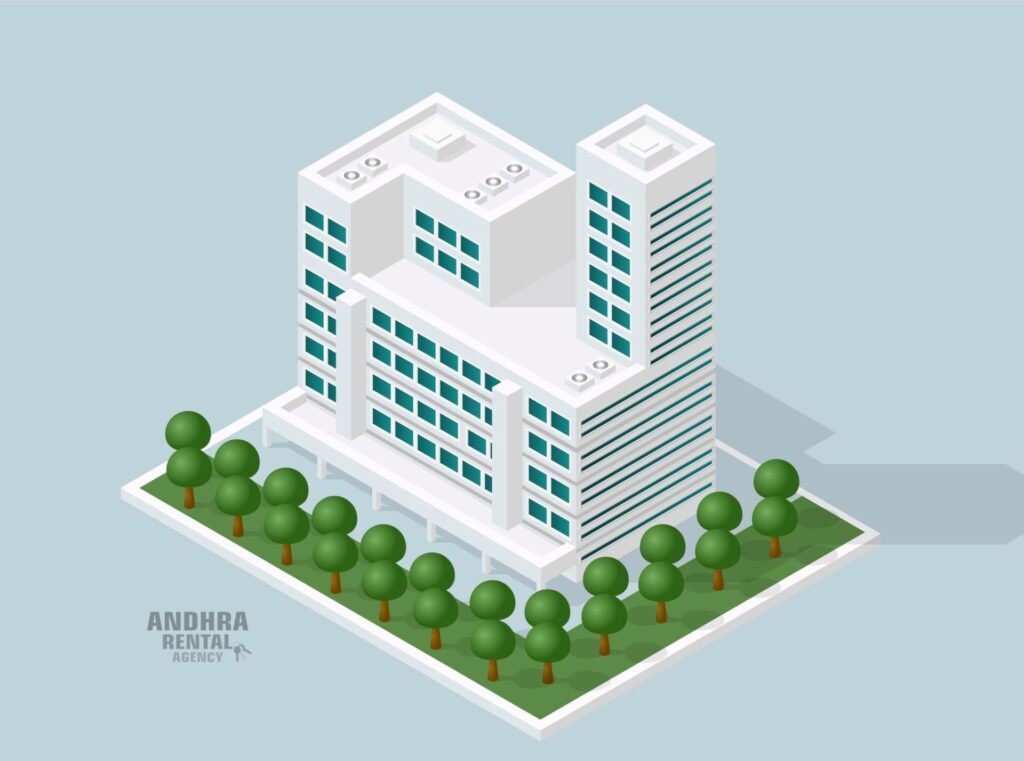How to Choose the Right Commercial Property for Your Business
- Location and accessibility. The location of your property is one of the most important factors to consider. …
- Size and space. …
- Surrounding area. …
- Amenities. …
- Room for business growth. …
- Operating expenses. …
- Landlord. …
- Lease terms.
The property search is an important part of the real estate process and can ultimately affect the success of your business. Here are some guidelines to ensure you choose the right commercial property for your company:
Location and accessibility
The location of your property is one of the most important factors to consider. You should choose a space that is easily accessible for your clients and staff, so you’ll likely look for properties near major roadways. Be sure to evaluate employee commute length and local traffic patterns. Your commercial property should also have ample parking.
Different business types have unique requirements when it comes to location. For example, if you own a retail business, you will want to choose a space with high foot traffic, so proximity to light rails and bus stops will work in your favor. If you do business overseas, consider locations with with easy access to the nearest airport.
Size and space
Your business type will help you influence the appropriate amount of space you need. Do you need private offices or do you prefer an open work space? How many conference rooms do you need? How large of a reception area is necessary to accommodate your clients? Will you need warehouse or storage space? If your business is a franchise, you will have mandatory space requirements. Your commercial real estate broker can help you determine the appropriate amount of space you need for your business.
In addition to the size, you should consider the ambiance of the space, as it should match your company culture and brand. Your commercial property can affect both your image and the productivity of your employees.
Surrounding area
You should assess the property’s neighborhood before signing a lease. Crime reports and other information about an area’s reputation can be found online. You will also want to walk the neighborhood at different times of the day. If you don’t feel safe, most likely your employees and clients won’t either. You should also check if the property is in a flood zone or at risk of other natural hazards.
Amenities
Nearby amenities can make a big difference for your company. Close proximity to restaurants benefits your employees on their lunch breaks and also provides convenient locations for drinks and lunch meetings with clients.
A location near banks and shopping areas enable employees to conveniently run errands on their breaks. With nearby amenities, your team can also easily purchase needed supplies for your office.
Room for business growth
When you choose a commercial property, look beyond your immediate need for space. Consider opportunities for growth and other factors that may affect your space requirement throughout the course of the lease. If you can’t currently afford the cost of extra space, do your best to negotiate for a shorter lease term. Another option is to add a clause to the lease to get the first right of negotiation on any nearby space that becomes available.
Operating expenses
Consider the operating expenses of the commercial property before you lease or buy. These potential costs include utilities, taxes, janitorial service and maintenance fees. Your commercial real estate broker should know comparable buildings’ typical charges and can help you determine how a particular space will affect your bottom line.
Landlord
You should conduct a background check on the landlord and property management company. You can search online or talk to current tenants to learn about the landlord’s reputation. A landlord should be communicative, responsive and professional in every interaction you have with them.
Lease terms
Determine your budget and desired lease length ahead of time. When evaluating different properties, find out if the rent rate is net or gross. In net leases, the tenant is often responsible for paying for parking, utilities and other fees separate from the base rent. Gross leases include these expenses in your monthly rent. Your commercial real estate broker will negotiate lease terms on your behalf, including rent reductions, tenant improvements and rent-free periods.



